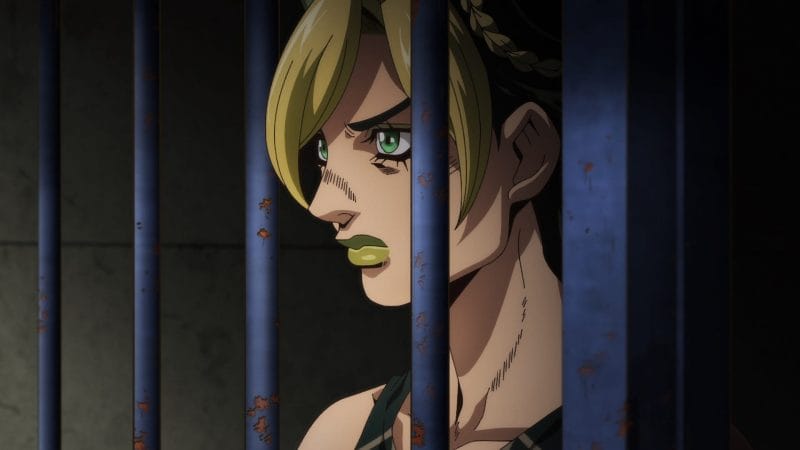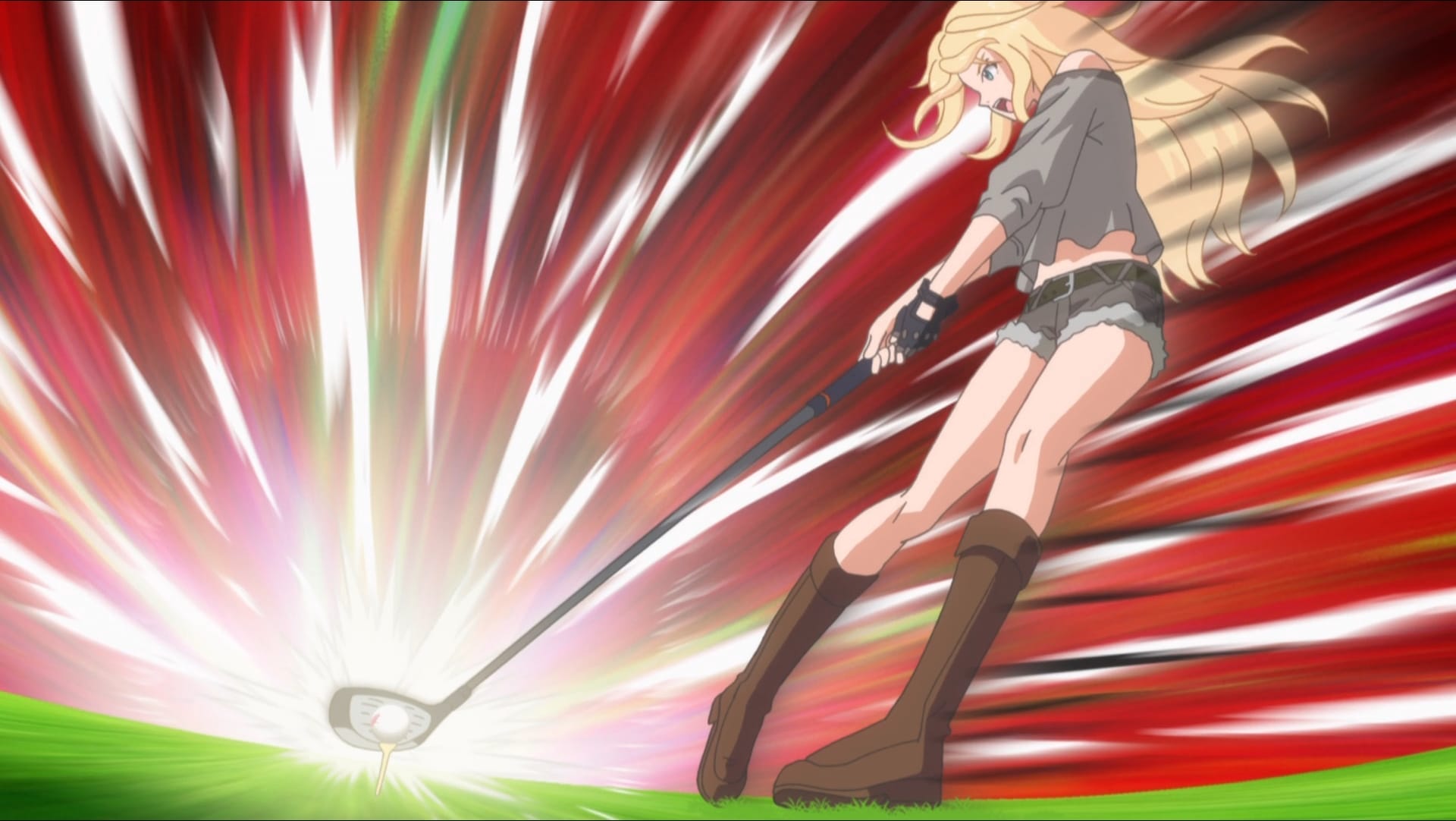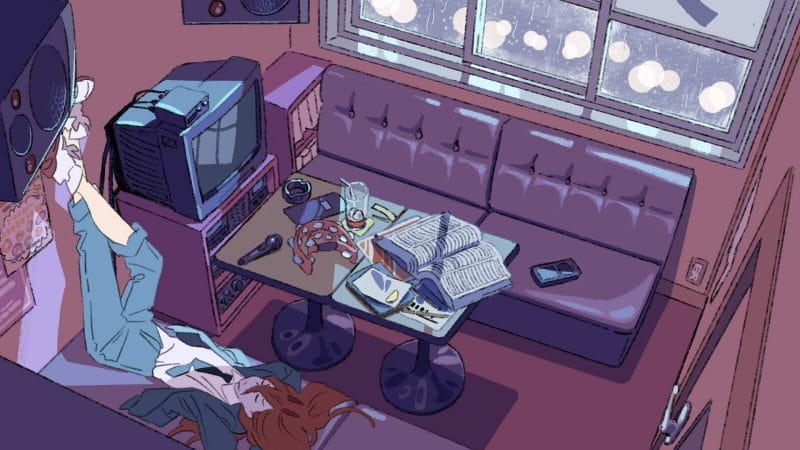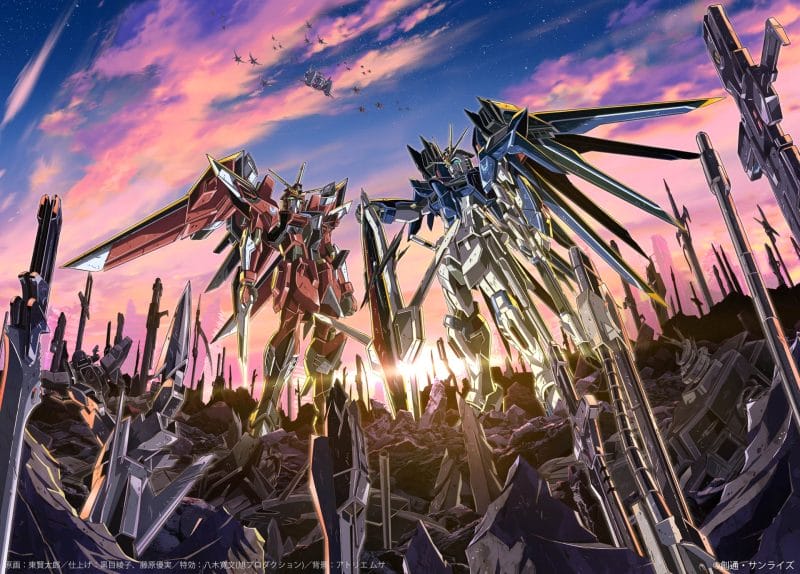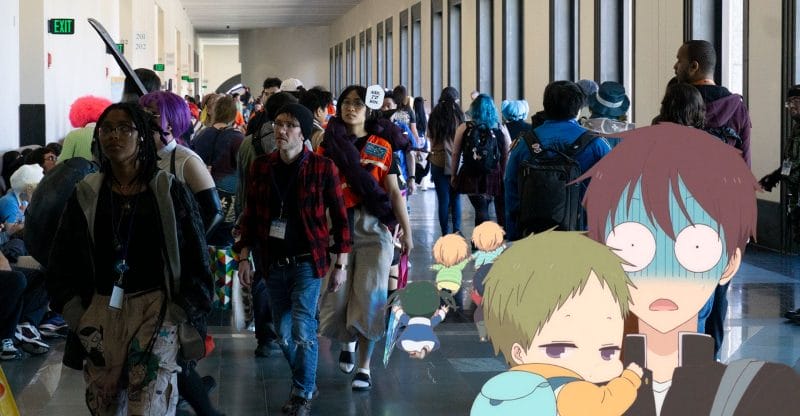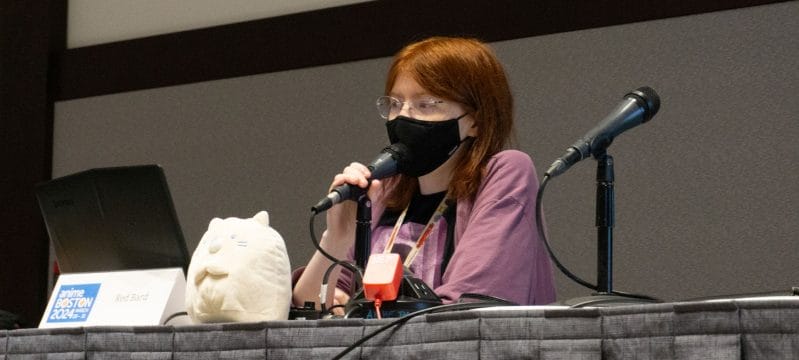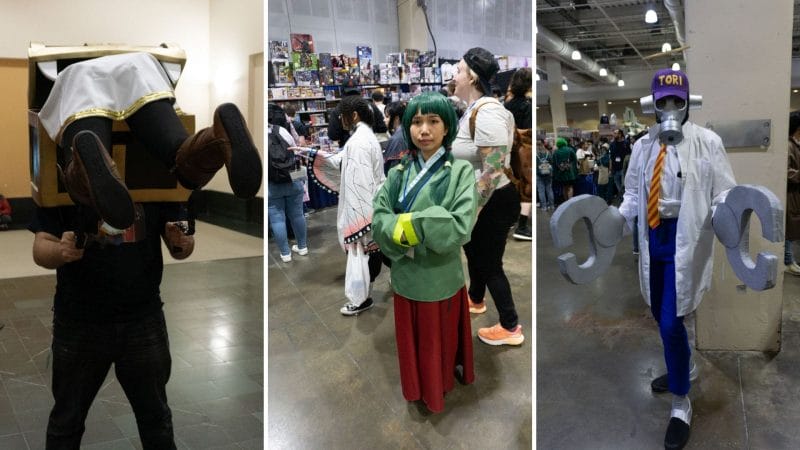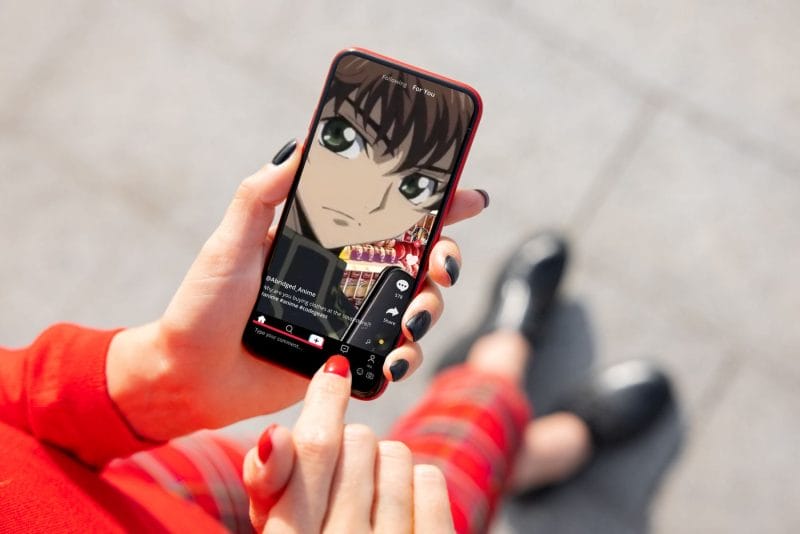You can get a vibe from the theater before a show begins. Sometimes it can be mellow; other times, rowdy. Even so, the expectations of the audience set the stage long before the curtain goes up. For Dongpo: Life in Poems, I was struck by how fashionable the crowd was. Fine suits, bright red dresses. Even by the standards of the David H. Koch Theater, this was “an event.”
Going into the show, I was more familiar with modern choreographer Shen Wei than I was with poet Su Dongpo, himself. Shen Wei Dance Arts (SWDA) has been well regarded in NYC for decades, so I was curious as to how he would blend his choreography with Dongpo’s poetry.
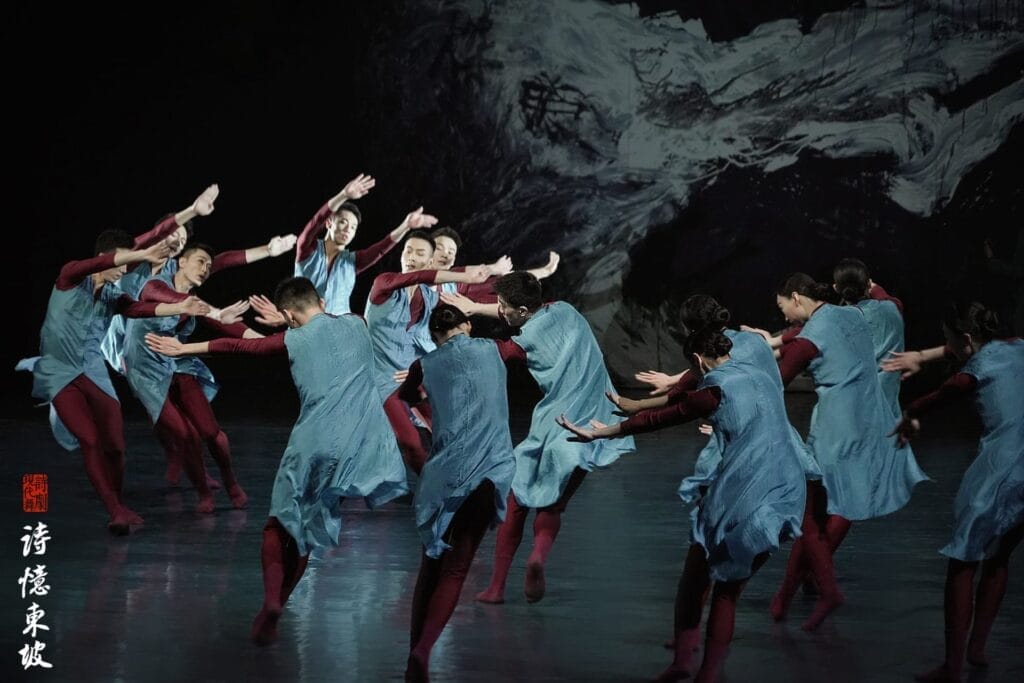
Interpretive dance is an inherently challenging medium. That is the nature of trying to express emotions and thoughts without words. In this case, having the poetry itself made the intentions much clearer. Feelings of loss, melancholia over the passage of time, and the ephemeral nature of life itself were all themes that were revisited time and again over the course of the show.
The choreography itself was lovely, more akin to traditional ballet than perhaps the explosiveness of Alvin Ailey. Throughout the performance, teamwork and synergy stood as omnipresent, if unspoken themes. Solos were rare, and almost every scene required multiple dancers to work together in harmony.
The costuming was particularly impressive, as the flowing silks stood out as one of the highlights of the show.
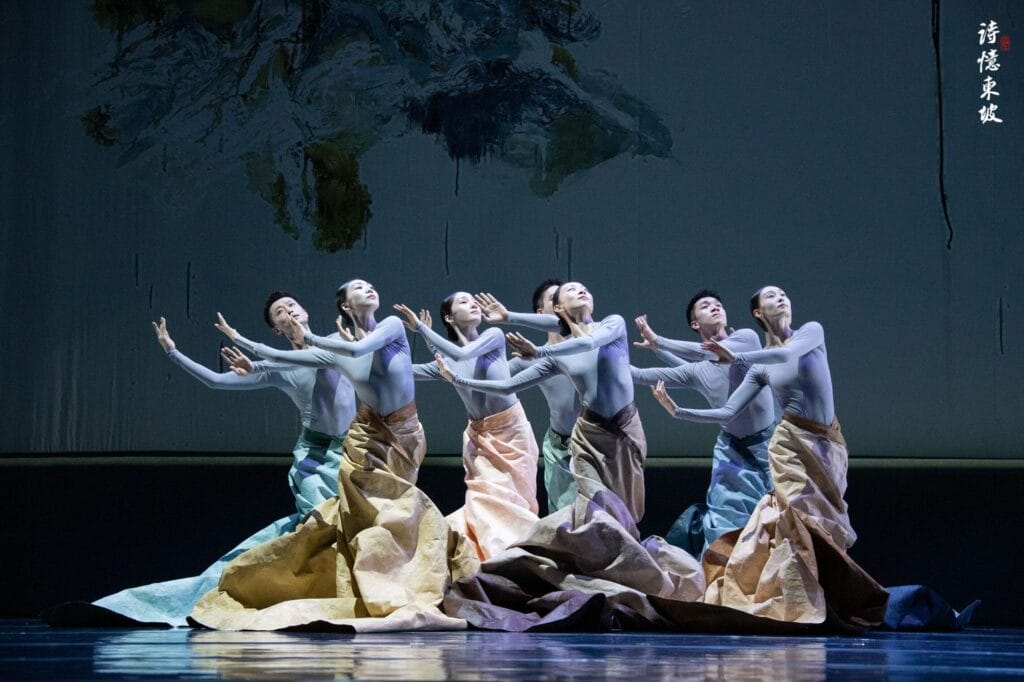
The show itself was quite serious, with one brief moment of levity when the narrative connected the past to the present via a bicycle. As an aside, at that moment I was reminded that acrobat Red Panda is probably the one Chinese performer that has been seen by the most Americans in person.
Su Dongpo was exiled multiple times. It was during the first of these exiles, in 1080CE, that he began his career in the arts. I wanted to learn more, and discovered what is now one of my favorite poems:
Families, when a child is born
want it to be intelligent.
I, through intelligence,
having wrecked my whole life,
only hope the baby will prove
ignorant and stupid.
Then he will crown a tranquil life
by becoming a Cabinet Minister.
On the birth of his son (Translation by Arthur Waley):
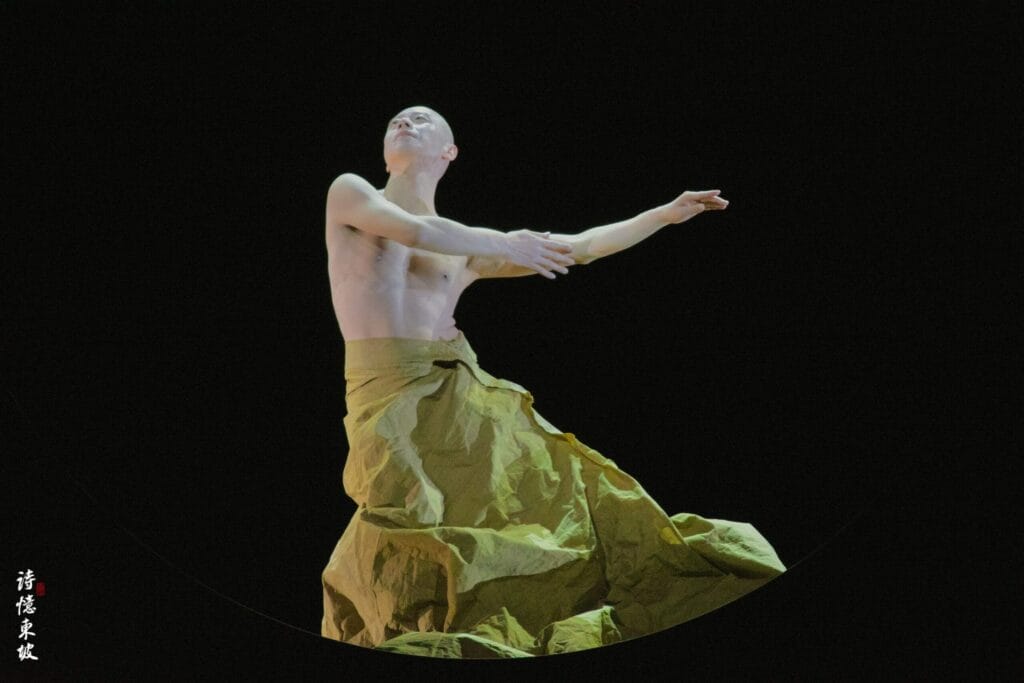
I am starting to see how he repeated the trick of getting exiled.
As an audiophile, I am glad I was given the chance to listen to Zhao Xiaoxia play the guqin live. Last year she gave a performance at Bard College. I’m thankful it was recorded for posterity.
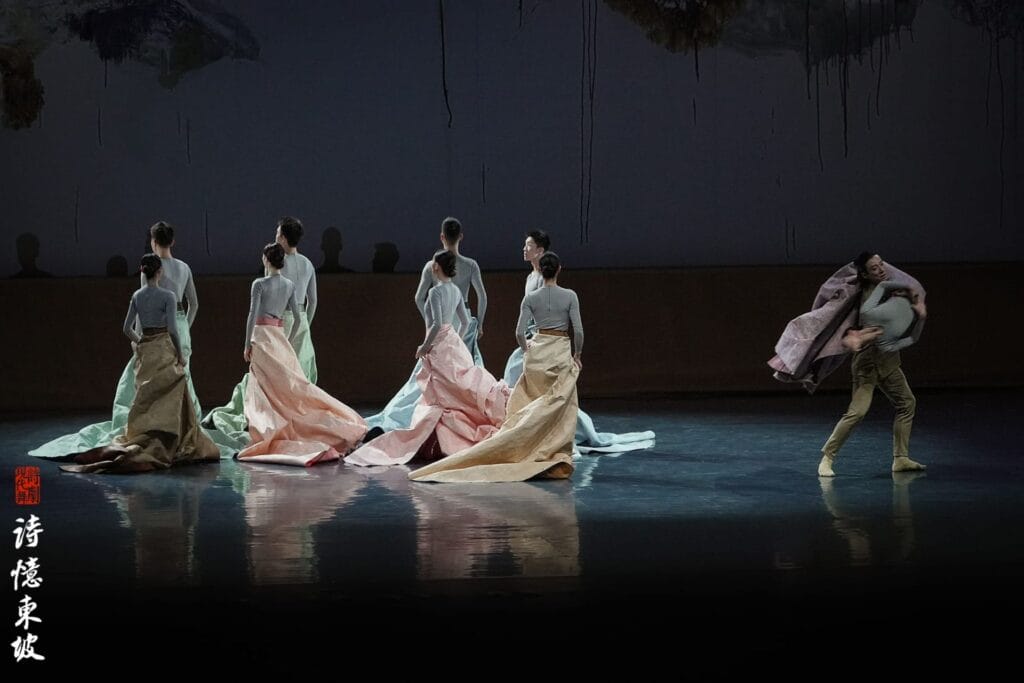
Sadly, I have to note that, due to my unfamiliarity with Dongpo, plus my inability to follow it in the original Chinese, I probably missed much of the intended message of Dongpo: Life in Poems. While I could enjoy the music and the spectacle, many of the finer points were lost on me. Still, the spectacle and drama of the evening proved to be enthralling, and conveyed the magic of Dongpo’s work in a manner most befitting of one who devoted their very soul to their craft.




